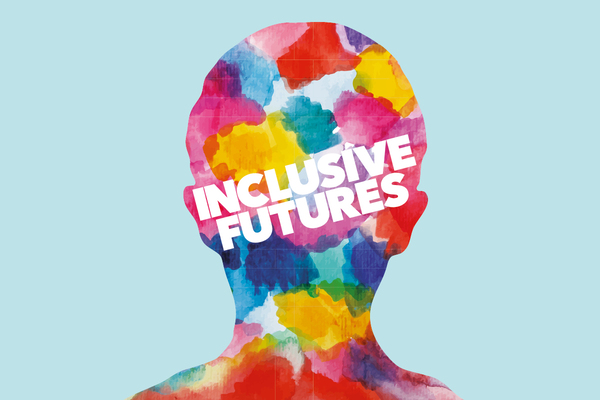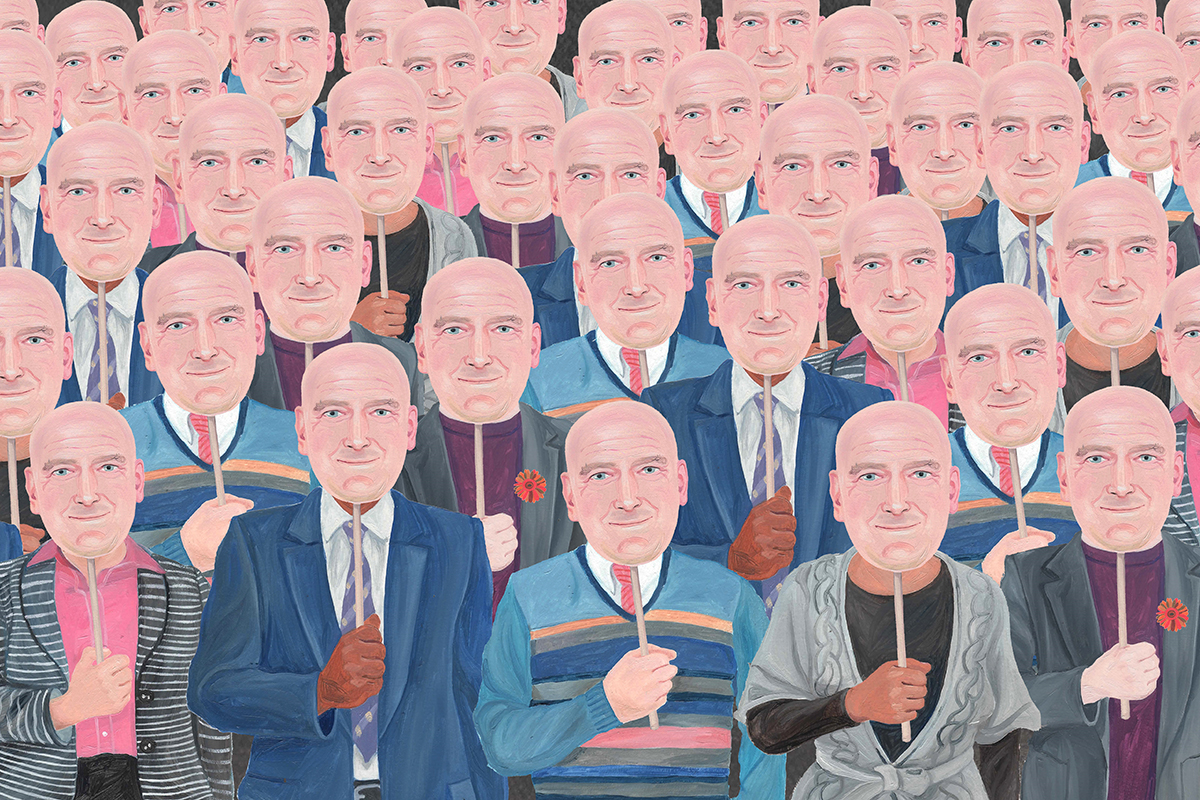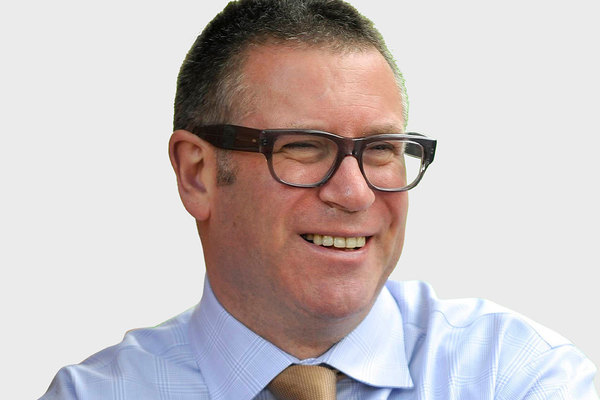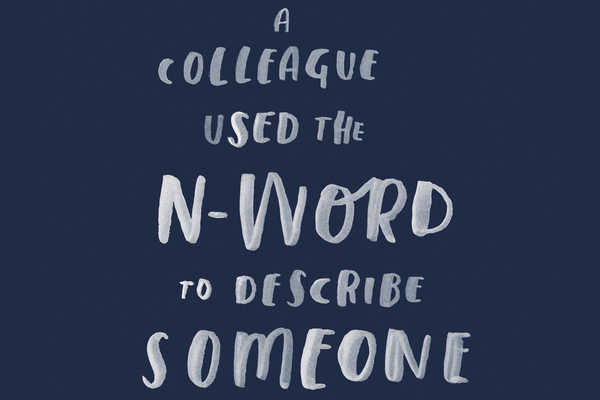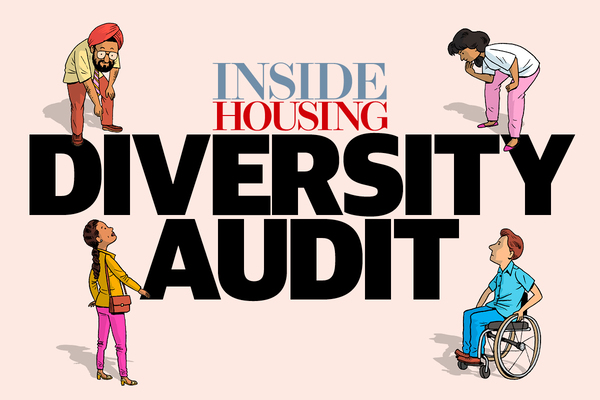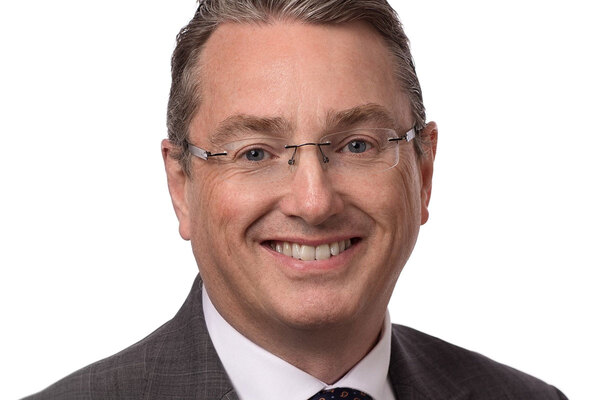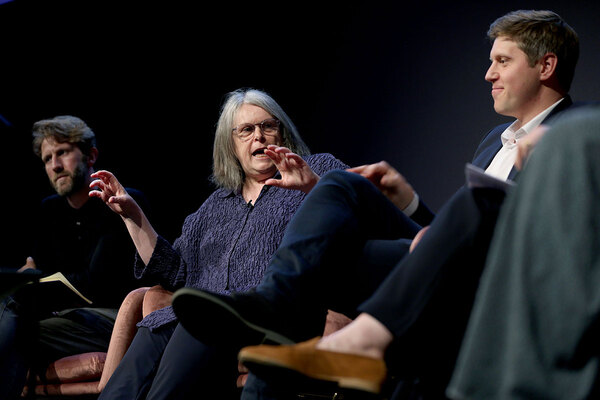You are viewing 1 of your 1 free articles
A year of wake-up calls for the social housing sector
The sector is not recognising discrimination where it exists and that must change in 2019, writes Tom Murtha
Inside Housing’s Inclusive Futures campaign aims to promote diversity and inclusion among housing’s leadership teams
This has been a year of wake-up calls for the housing sector.
A number of commissions, reports and research papers have reported that housing associations face a series of issues which we have failed to recognise and address in recent years.
These include a lack of trust, a failure to put tenants at the heart of what we do, the need to campaign for investment in social housing, and the need to show that we are still committed to our social purpose. These have been met with a positive response by most in social housing and I hope to see change in 2019.
For me the most damning reports have been around diversity, sexual harassment, bullying and discrimination. Inside Housing produced a series of reports which revealed the level of sexual harassment and bullying in the sector.
It showed that, like most sectors, we are not immune to such unacceptable behaviours. However the majority of our leaders failed to respond to these reports. I expected the revelations to be met by an outcry and call for action.
“A once-in-a-generation opportunity to change the face of diversity at the top of English social housing had been lost.”
Yet there was only a shameful silence. I am still wondering why this is so. I hope to see a proper recognition and action on these issues in 2019.
Another shocking report in Inside Housing showed that after 40 years of talk the sector was still failing to appoint a diverse leadership in England.
This was also met by relative silence. Research into the most recent chief executive appointments showed that in over 40 appointments only nine women had been appointed and only one person of colour.
A once-in-a-generation opportunity to change the face of diversity at the top of English social housing had been lost and still most of our leaders said nothing. This complacency cannot be allowed to continue into 2019.
There are many reasons put forward to explain this lack of diversity – reasons that have been discussed throughout my long career. A number of initiatives have been established to address the issues.
These mirror the initiatives that I have seen tried in the past. I believe that they again will have only limited success, however well intentioned.
This is because they fail to recognise the nature of the discrimination and racism that still exists in society and is mirrored in all of our institutions, including social housing.
This is evidenced in employment, delivery of services, and gender and ethnic pay gaps, as well as the lack of diversity in leadership. Unless we address these issues in 2019 we will continue to fail.
I hope that 2019 will see more work in these areas and I still hope that change will come. There is a new generation of leaders in our sector who appear to be more willing to discuss these issues openly and honestly.
I am sure that they would want to look at examples in other places where diversity in leadership is being achieved. They should be asking why, according to figures I have seen, 50% of housing association leaders in Wales are women? Is this to do with the quality of candidates?
“We need a change of approach, a change of attitude, and a change of culture.”
Is it related to the type and size of associations? Are the composition of appointing boards or panels different? Is there more awareness about issues of discrimination and sexism?
If Wales can achieve this level of success there is no reason why it can’t happen in England. If we can make progress in gender diversity, there is no reason we can’t make progress in racial diversity. To do so we need a change of approach, a change of attitude, and a change of culture.
There is no lack of talent in and out of the sector.
There is a lack of commitment to recognise discrimination, racism and sexism where it exists, and to accept change is needed by those who lead and make appointments.
Maybe 2019 will be the year when wake-up calls in these areas are finally heard and are followed by real change.
Tom Murtha, campaigner and former housing association chief executive
Inclusive Futures
Inside Housing’s Inclusive Futures campaign aims to promote and celebrate diversity and inclusion.
We are pledging to publish diversity audits of our own coverage.
We are also committed to proactively promoting positive role models.
We will do this through the pages of Inside Housing. But we will also seek to support other publications and events organisations to be more inclusive.
Our Inclusive Futures Bureau will provide a database of speakers and commentators from all backgrounds, for use by all media organisations.
We are also challenging readers to take five clear steps to promote diversity, informed by the Chartered Institute of Housing’s diversity commission and the Leadership 2025 project.
THE INCLUSIVE FUTURES CHALLENGE
Inside Housing calls on organisations to sign up to an inclusive future by taking five steps:
Prioritise diversity and inclusion at the top: commitment and persistence from chief executives, directors and chairs in setting goals and monitoring progress.
Collect data on the diversity of your board, leadership and total workforce and publish annually with your annual report. Consider gender, ethnicity, disability, sexuality, age, and representation of tenants on the board.
Set aspirational targets for recruitment to the executive team, board and committees from under-represented groups.
Challenge recruiting staff and agencies to ensure that all shortlists include candidates from under-represented groups.
Make diversity and inclusion a core theme in your talent management strategy to ensure you support people from under-represented groups to progress their careers.
THE CASE FOR CHANGE
34%
of housing association chief executives are female
1%
of housing association executives have a disability
1.6%
of housing association board members are LGBT
Women make up 46% of the UK workforce, but Inside Housing research found that they are under-represented on housing association boards (36%), executive teams (39%) and among chief executives (34%).
Almost a fifth of working-age adults have a disability (18%), yet associations reported only 1% of executives and 4.5% of board members with a disability. Many were unable to provide details.
Nationwide, 14% of the working-age population come from a BME background, climbing to 40% in London and Birmingham. Yet our research found that 6.8% of board members identified as BME, compared with 4.5% of executives.
Statistics on representation of LGBT people in the workforce are in short supply, but official statistics suggest that 2% of the total UK population identify as lesbian, gay or bisexual, rising to 4.1% for 16 to 24-year-olds. Our survey found that 1.6% of board members and 10 executives were LGBT – but most organisations were unable to provide figures.
INSIDE HOUSING’S PLEDGES
We will take proactive steps to promote positive role models from under-represented groups and provide information to support change.
We pledge to:
Publish diversity audits: We will audit the diversity of the commentators we feature. We will formalise this process and publish the results for future audits twice a year.
Promote role models: We will work to highlight leading lights from specific under-represented groups, starting in early 2018 with our new BME Leaders List.
Launch Inclusive Futures Bureau: We will work with the sector to compile a database of speakers, commentators and experts from under-represented groups. The bureau will be available to events organisers, media outlets and publications to support them to better represent the talent in the sector.
Take forward the Women in Housing Awards: Inside Housing has taken on these successful awards and will work to grow and develop them.
Convene Inclusive Futures Summit: Our new high-level event will support organisations to develop and implement strategies to become more diverse and inclusive.
The Inside Housing Diversity Audit: how diverse has our coverage been?
The media plays a key role in championing diverse role models, so we designed a project to measure Inside Housing’s track record.


